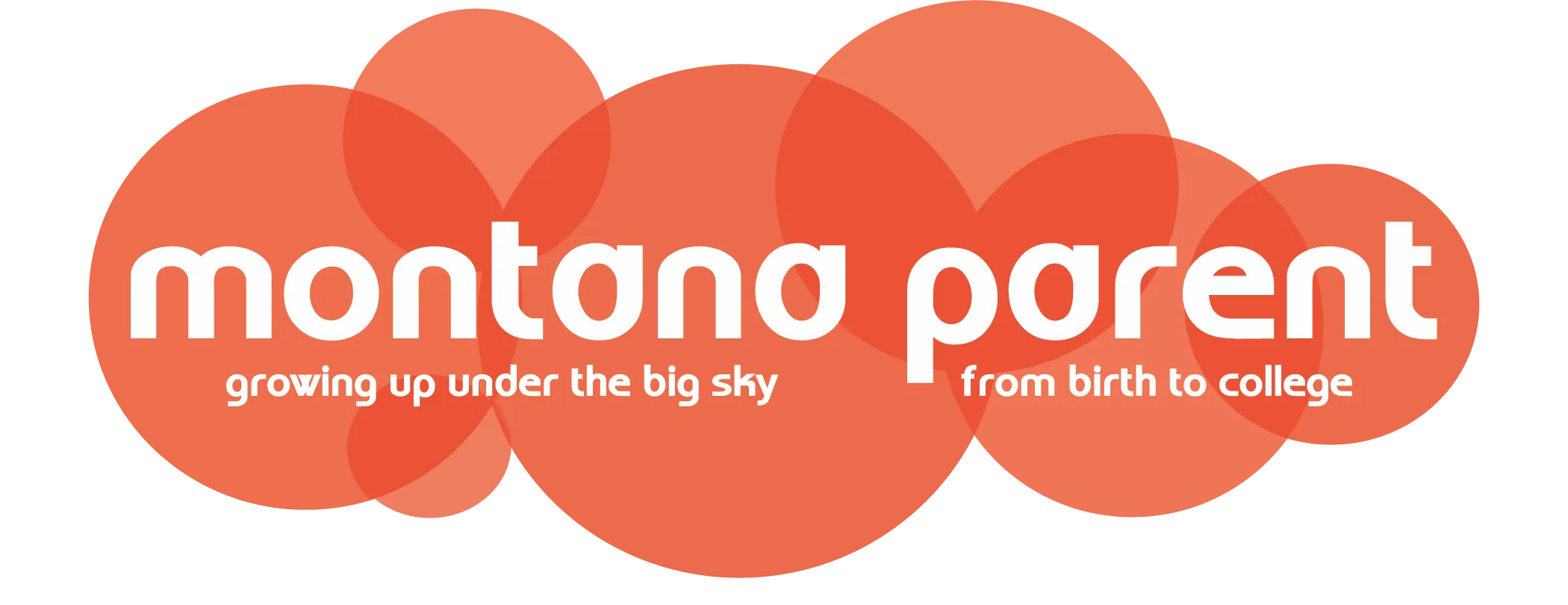POSITIVE AND PRODUCTIVE PARENT-TEACHER CONFERENCES
October 08, 2014
Posted By: Shaunescy
WRITTEN BY MEGKIAN DOYLE
I’ve had the opportunity to be both a teacher and a parent; I’ve been behind the desk and in the little kid chair with my knees up to my chin trying to look comfortable while I listen to potentially uncomfortable news. (Now that I’m a parent, I vow not to make parents sit in the little kid chair.) It can be hard for teachers to give constructive criticism about students and have parents perceive this as positive, but this is a necessary process that will help parents work with their children at home. As a parent, I realize how unexpectedly emotional it can be to have a person criticize my baby. I can go from cool professional to mama bear in five seconds flat, but that doesn’t make for very effective teacher- parent interactions. Upon reflection, and after doing it right and wrong a number of times, I have come up with a basic process that has positive outcomes.
When your child’s teacher has concerns about your child’s abilities, behavior, etc.
Step 1: Listen to the concerns. Remain calm and make a mental list. If you have advance notice, take notes.
Step 2: List the concerns back to the teacher, as you understand them. Misunderstandings are common, so it’s always best to make sure that a person meant to say what you think they said. When I was a new teacher, talking to parents was intimidating and I made a lot of mistakes that I went home and cried about later. That’s the part of parent-teacher meetings we don’t often see.
Step 3: State your intention to think about what you have discussed, observe your child and get back to the teacher. While it is important that parents and teachers have a supportive relationship, that doesn’t mean they have to share the same perspectives. Even though Beaver Cleaver’s parents punished him with hard labor when he got a bad report card, no teacher should expect you to rise up on the spot, strongly agree and get out the strap. You have time to think this through and do your own research. Take a step back and look at what is happening. Think about the values and messages your child’s teacher is promoting and make sure they match your own. Make sure the teacher is accurately reading the situation and decide how big a deal the issue is to you. Then remember, you are the expert. This is your child and when people look at him they won’t say, “Man, that teacher really messed him up!” Rather, they’ll say, “Who are that kid’s parents?” Leave the meeting gracefully by saying, “Thank you for these thoughts. I would like to spend some time over the next few days considering what you have said and observing my child and then I’ll get back to you.”
Step 4: Set a date to follow up with the teacher either in a meeting or by phone or email. Teachers are generally open to multiple forms of communication, so don’t feel like you have to haul yourself into the school multiple times in order to measure up as a parent who actively participates in their child’s education. The important thing is that you have a presence. In your communication, address each concern by telling what you have observed and your perspective after having time to think carefully. Suggest ideas you have for solutions and make sure you include things the teacher can do as well as things you are willing to do with your child.
Step 5: Specifically request a response from your child’s teacher. Close your communication by letting the teacher know you are looking forward to his response to your thoughts. If you have an in-person meeting, let the teacher know you are willing to give her time to consider your ideas, just as you requested time to consider hers.
Here’s an example from my experience of what this looks like:
Teacher: “Your child seems to have trouble with sequences.”
Me: “You mean she has trouble doing things in a particular order?”
Teacher: “Yes, I give her a set of steps to complete and she will get half way through them and then want me to finish them with her.”
Me: “Hmm, I hadn’t noticed this, but I’ll go home and watch her this week and see what I observe and get back to you.”
A week later.
Me: “I watched my child and I have realized that what is happening is cultural and not academic. I tested her with several verbal sequences that I gave her and she was able to complete them. But when I listen to the dialogue in my family, I realize that most of what we do is done together. We value community very highly, and I think that she is modeling this and asking for a relationship with you by asking you to participate in her work.”
Teacher: “Oh! I did not recognize that was happening, but now that you mention it, the way she phrases it she isn’t asking for help, she is asking what we should do together next.”
Then I smiled as I watched them walk off hand in hand with a new understanding of each other.
___________
Dr. Megkian Doyle is offering a workshop on Supportive Parenting for Gifted Kids at the Bozeman Public Library on October 18, 2014 from 9 a.m. to noon. Cost for the workshop is $40 per family. For more information and to register, email doyle@montana.edu .
Doyle lives in Bozeman with her husband and five children. She teaches Multicultural Education at MSU and is an educational consultant for curriculum and instruction.














